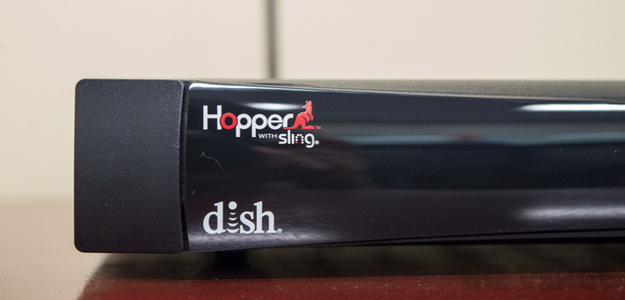 The seemingly never-ending legal battle between Fox Broadcasting Company and Dish Network has taken a new twist, with the latter company responding to a second lawsuit from Fox by noting that the time to complain had already come and gone.
The seemingly never-ending legal battle between Fox Broadcasting Company and Dish Network has taken a new twist, with the latter company responding to a second lawsuit from Fox by noting that the time to complain had already come and gone.
Last month, Fox filed new court papers to try and close down Dish’s commercial-skipping DVR software. In a new injunction motion against the sale and use of the technology filed in Californian federal court, the television network claimed that Dish’s attempts to offer programming “on the go” as part of the latest generation of Hopper DVR was not only unauthorized, but also illegal. “Paying Dish for a satellite television subscription does not buy anyone the right to receive Fox’s live broadcast signal over the Internet or to make copies of Fox programs to watch ‘on the go,’ because Dish does not have the right to offer these services to its subscribers in the first place,” the new filing explained.
“Any purported right that Dish believes consumers have to ‘place shift’ live broadcast programming does not apply here because Dish is not a consumer,” the lawsuit continued. “It is not ‘consumer place-shifting’ when Dish retransmits Fox’s signal over the Internet, in violation of its license agreement, to get more people to subscribe to Dish Network. It is piracy.”
Last Friday, Dish finally responded to the new charges, and came out swinging with the argument that, if such “on the go” services were as terrible as Fox claimed, it would have acted years ago when they were first being developed.
“Fox’s inaction for the better part of a decade destroys any notion of irreparable harm, and its licenses in the meantime make clear that any damages for a purported breach of contract can be readily calculated,” Dish’s new filing says, going on to suggest that “Fox’s knowing acquiescence while Dish spent hundreds of millions of dollars tips the balance of hardships decisively to Dish.”
Instead of the issue of whether or not Dish has the right to retransmit Fox (or other network) broadcast signals digitally or time-displaced, what’s really at hand here is if the broadcaster is trying to prevent people from using technology that they’ve already spent hard-earned money buying, Dish states. “The public interest demands that the million consumers already in possession of Sling devices be permitted to enjoy this transformative technology.”
Stirring talk, for sure – And something that’s sure to play well on the increasingly public stage that the tussles between these two companies are unfolding upon. Whether or not it addresses Fox’s new complaint is open to question, however – and the answer may decide the future of DVR technology.


